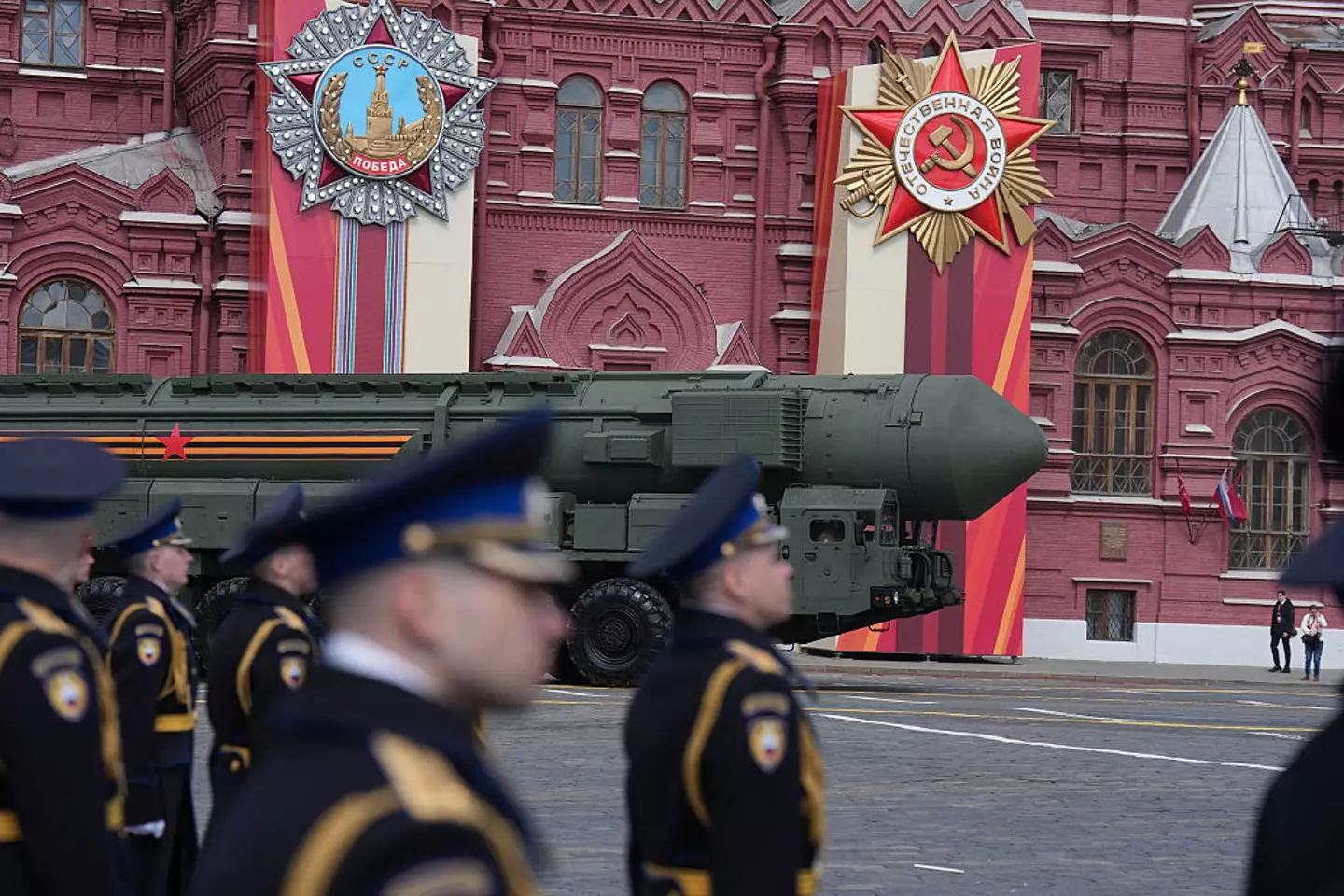
The world is in a worrying state right now, and as there are calls for President Donald Trump to wade into the growing troubles between Iran and Israel, there are continued claims that we're in the midst of World War III without officially knowing it.
One of Vladimir Putin's generals has called for the Russian President to mobilize one million troops as World War III kicks off, while there are fears that a 'distracted' USA could be caught in the crossfire as the likes of Russia, China, and North Korea make a move for power. If that wasn't enough to keep you up at night, what about the idea that artificial intelligence will be a catalyst in the next global conflict?
We've seen AI predict the horrifying death toll of WWIII, what kind of futuristic weapons will be used, and which countries could be influential in triggering it, but it seems to have missed out the bit where it could be a deciding factor.

Advert
According to conflict experts, concerns about AI have led to countries with nuclear stockpiles being more tetchy. That's according to the Stockholm International Peace Research Institute (SIPRI), which notes that China's stockpile has increased from 500 to 600 nuclear warheads in a single year. Couple this with the upcoming end of the final arms control treaty between the US and Russia, and we're right to be cautious.
Although China's arsenal is growing at the fastest rate, the USA and Russia still have around 90% of the world's supply, meaning it's important that Trump and Putin stay on each other's side.
As for AI's role in these ballooning numbers, SIPRI director Dan Smith warned: "The rapid development and application of an array of technologies—for example in the fields of artificial intelligence (AI), cyber capabilities, space assets, missile defence and quantum—are radically redefining nuclear capabilities, deterrence and defence, and thus creating potential sources of instability."
Even though computers are getting smarter, humans might not be. Smith continues: "As AI and other technologies speed up decision making in crises, there is a higher risk of a nuclear conflict breaking out as a result of miscommunication, misunderstanding or technical accident."
With all this new tech at our disposal, Smith concluded: "The idea of who is ahead in the arms race will be even more elusive and intangible than it was last time round. In this context, the old largely numerical formulas of arms control will no longer suffice."
Nine countries currently have nuclear weapons, and while Britain, China, France, Russia, and the USA all signed the Nuclear Non-Proliferation Treaty, India and Pakistan declined to. North Korea initially signed but then withdrew before its first nuclear test, while Israel refused to sign and hasn't publicly declared how many nuclear weapons it has.
Iran has been accused of building a nuclear weapon, with Trump reiterating: "They can’t have a nuclear weapon. Very simple—we’re not going to allow that." The POTUS left Canada's G7 summit early, later denying reports from France's Emmanuel Macron that it was to work on a ceasefire. As AI continues to develop faster than we can keep track of, and as nuclear arsenals continue to swell, the Doomsday Clock sits closer to midnight than ever before.